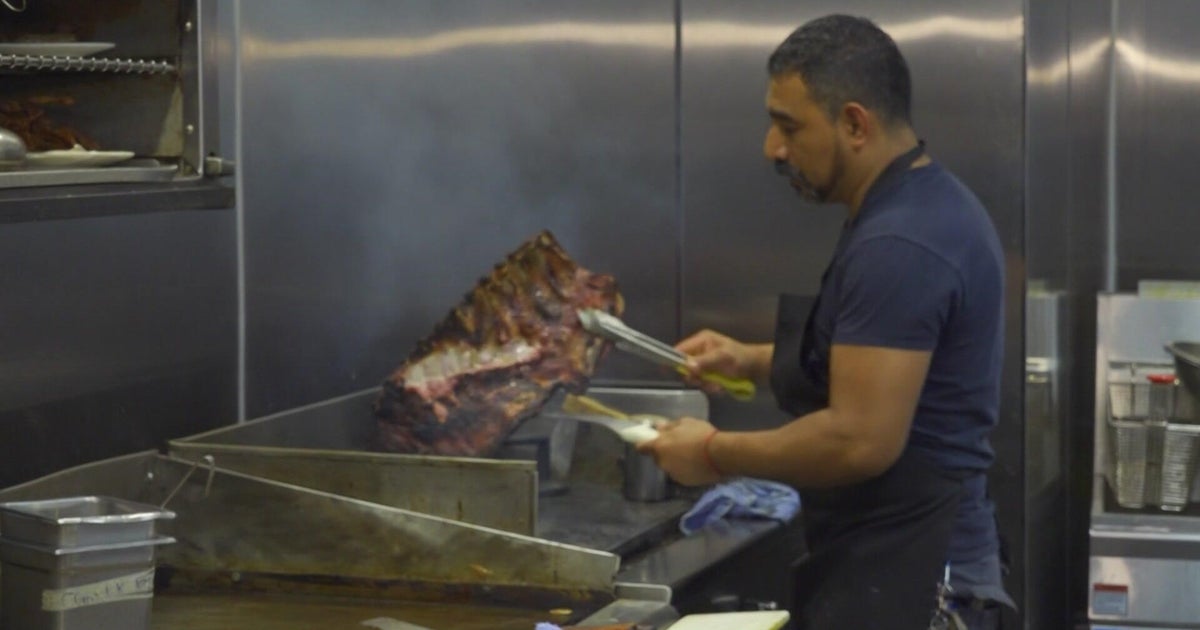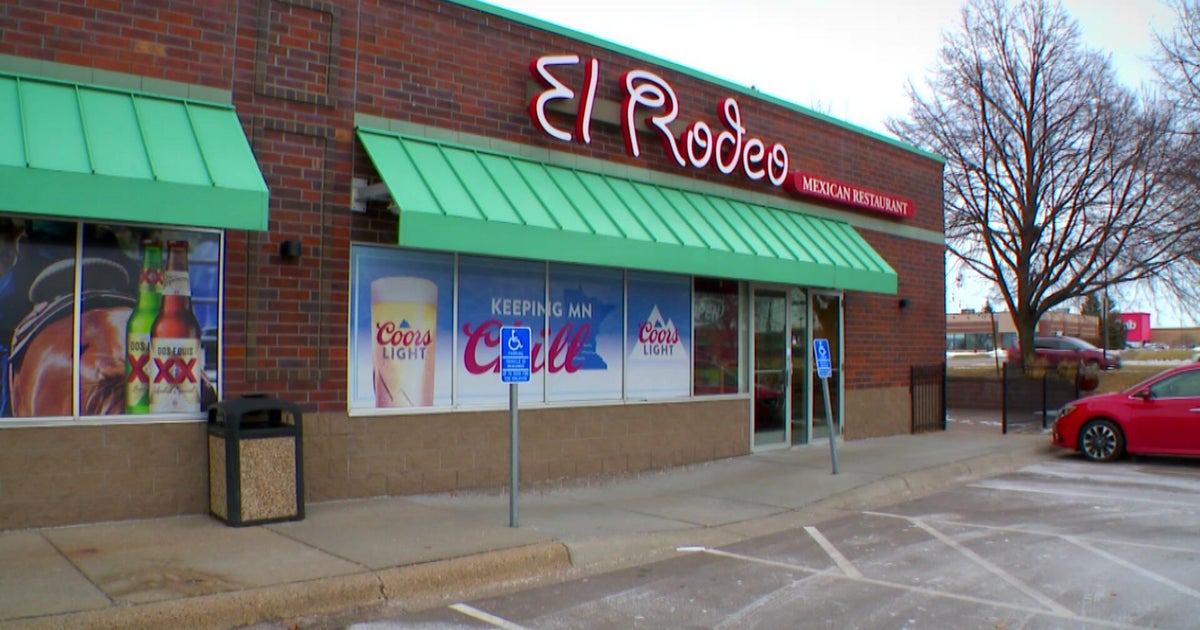Popular Cajun Chef Paul Prudhomme Dies At 75
NEW ORLEANS (AP) — Paul Prudhomme, the Cajun who popularized spicy Louisiana cuisine and became one of the first American restaurant chefs to achieve worldwide fame, died Thursday. He was 75.
Tiffanie Roppolo, the CFO of Prudhomme's businesses, told The Associated Press that he died early Thursday after a brief illness.
Prudhomme became prominent in the early 1980s, soon after opening K-Paul's Louisiana Kitchen, a French Quarter diner that served the meals of his childhood. He had no formal training, but sparked a nationwide interest in Cajun food by serving dishes — gumbo, etouffee and jambalaya — that were virtually unknown outside Louisiana.
The distinctly American chef became a sensation at a time when the country's top restaurants served virtually nothing but European food.
"He was always on a mission and nothing was impossible for Paul. He did things his way and let the food speak for itself," said chef Frank Brigtsen, who worked for Prudhomme for seven years. "He changed the way we eat in New Orleans in a major way, by bringing Acadian or Cajun cuisine to the restaurants of the city."
Prudhomme was known for his innovations. His most famous dishes used the technique he called blackening: fish or meat covered with spices, then seared until black in a white-hot skillet. Blackened redfish became so popular that Prudhomme lamented over customers who stopped ordering the traditional Cajun dishes that he loved.
"We had all this wonderful food, we raised our own rabbit and duck, and all anyone wanted was blackened redfish," he said in a 1992 interview.
Prudhomme was raised by his sharecropper parents on a farm near Opelousas, in Louisiana's Acadiana region. The youngest of 13 children, he spent much of his time in the kitchen with his mother, whom he credited for developing his appreciation of rich flavors and the fresh vegetables, poultry and seafood that she cooked.
"With her I began to understand about seasoning, about blending taste, about cooking so things were worth eating," he said.
After high school Prudhomme traveled the country cooking in bars, diners, resorts and hotel restaurants.
He returned to New Orleans in the early 1970s and found a job as chef in a hotel restaurant. In 1975, he became the head chef at the esteemed Commander's Palace restaurant.
Prudhomme and his wife opened K-Paul's four years later.
K-Paul's was inexpensive and unassuming — formica tables, plywood walls and drinks served in jars — but it was soon the most popular restaurant in New Orleans.
Prudhomme's bearded face and oversized frame became familiar on television talk shows in the 1980s, where he encouraged Americans to spice up their meals. He expanded K-Paul's and turned it into an upscale operation. He published bestselling cookbooks and created a business that sold his spicy seasoning mixtures around the country.
After Hurricane Katrina he used the profits from his spice company to keep his restaurant afloat, bringing in trailers to the parking lot for his staff to live in and cooking thousands of meals for rescue workers, said Liz Williams, who heads the city's Southern Food and Beverage Museum.
Prudhomme's success brought regrets, as well. Prudhomme sparked the Cajun food craze, but he often said few Cajun restaurants outside Louisiana served the real thing. He worried over the common perception that all Cajun food is blistering hot.
"I'm at least partly to blame that so many people think all Cajun food is red-hot and spicy," he said. "I see people dumping red pepper on food and I feel like crying."
Prudhomme's weight, as much as his cooking skills, was a career trademark. Just over 5 feet tall, he had trouble squeezing into chairs. He had a bad knee, used a cane and usually moved in a scooter instead of walking. In the 1992 interview he said he was working on ways to take the fat out of recipes without losing the flavor.
But later in his career he significantly slimmed down. During a 2013 cooking demonstration in New Orleans — done from his motorized scooter — he told the crowd that at one time he was 580 pounds but now weighed in at 200 pounds.
Eating the right things and eating less had made the difference, Prudhomme said.
"I used to taste things this way," he said, filling his large cooking spoon. "Now I taste them this way." He poked a fork into a single piece of carrot and held it up.
(copyright 2015 The Associated Press. All rights reserved. This material may not be published, broadcast, rewritten or redistributed.)







